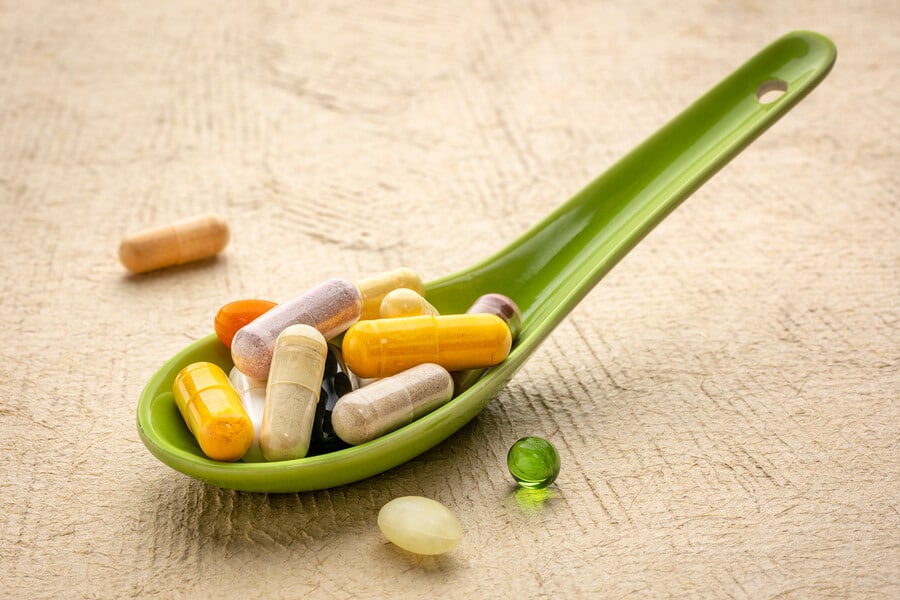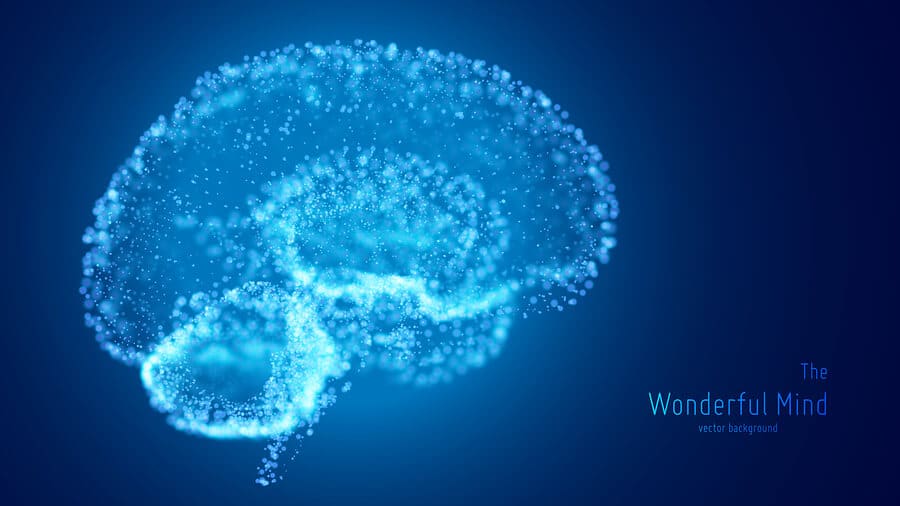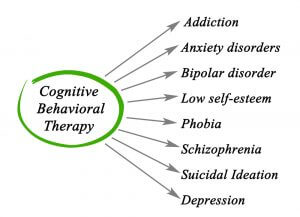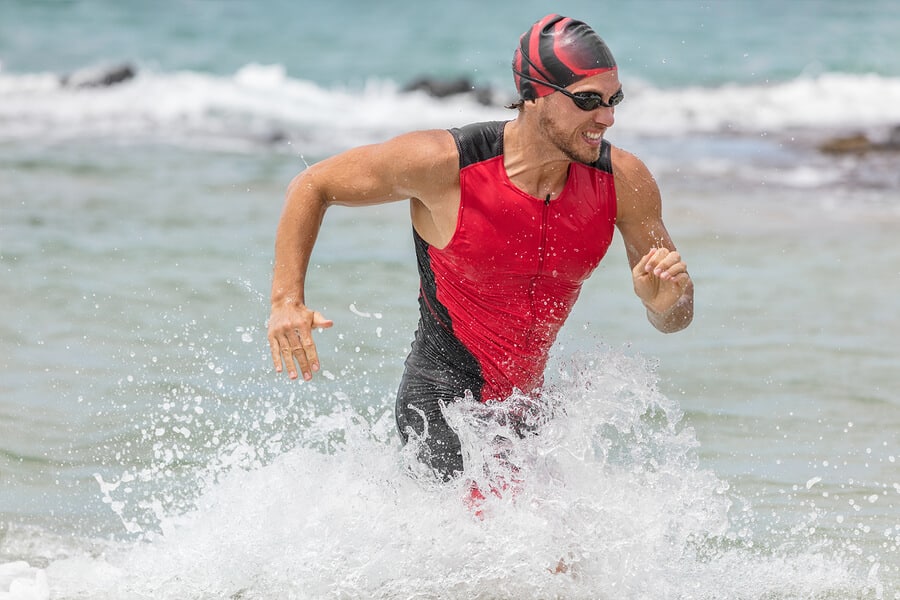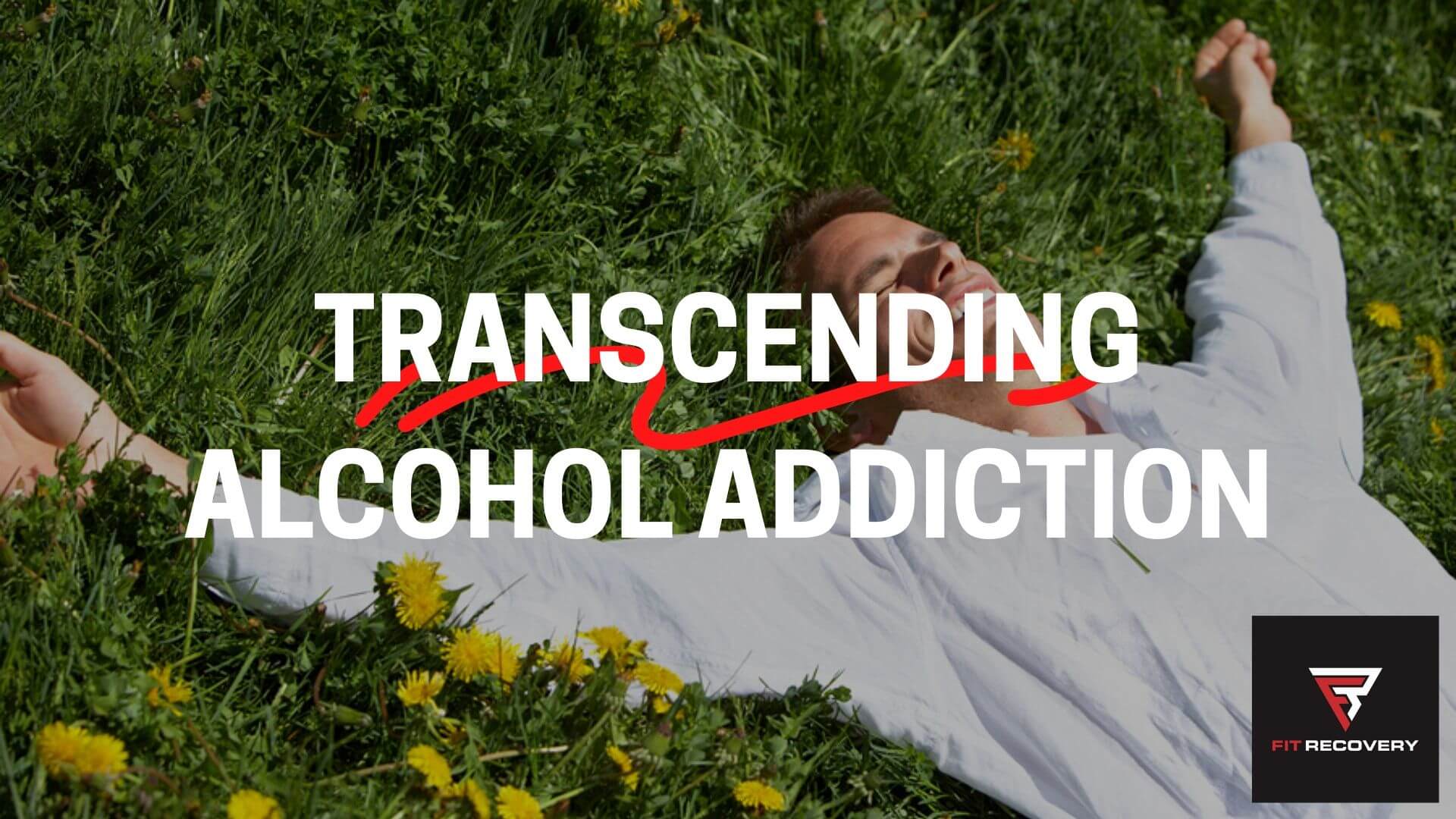
Whenever I see headlines about a famous person seeking treatment for addiction, I feel bad for two reasons.
The first reason is that I can’t imagine how I would have handled my own personal struggle in front of the entire world. I’ll state up front that my purpose here is not to pick on Ben, tabloid style – but rather to offer some guidance that could apply to anyone who wants to beat alcohol addiction.
The second reason that I feel bad is that even for people who reach the heights of success, the effectiveness of rehab is about the same. The average person who is professionally treated for alcohol addiction has a 90% chance of relapse. Better food, better scenery, and luxury spas do not alter these statistics.
Fame cannot be blamed for relapse when treatment does not address the root causes of addiction in any meaningful way.
I’m not saying that rich people deserve better relapse rates. But if I had all the money in the world, I would expect addiction experts to give me an objective, all-encompassing breakdown of treatment options that are backed by scientific research.
In short, I would want to sit down with someone and hear them explain what exactly is wrong with my brain, and all of the available options for fixing it – in the short-term, medium-term, and long-term.
It’s quite possible that Ben has carefully considered everything I’m about to write about. But given the current state of the addiction treatment industry, it’s highly unlikely. Standard rehabs charge tens of thousands of dollars for 12-step ideas that were always supposed to be free. Upscale, non-12 step rehabs offer little more than blissful escapes and soothing words. Only a handful of rehabs in the country pay more than lip service to the physiological components of recovery.
It’s appalling that evidence-based addiction treatment is the exception, not the norm. (source)
I will assume that Ben tapered off of alcohol or utilized benzodiazepines for alcohol withdrawal during his last round of detox. And so we will discuss methods for resolving the symptoms of post-acute withdrawal, which can last for months or years, as well as methods that can permanently extinguish the desire to drink.
1) Nutritional Supplementation
It appears that Ben successfully avoided alcohol for years at a time, having sought treatment for the first time in 1997. We don’t know whether he spent some periods secretly drinking, but it’s likely that he gradually rekindled his alcohol dependence over the past few years. If he experienced worsening withdrawal symptoms after progressively worse binges, then kindling could have easily led him into the territory of severe alcohol addiction.
At this point, he would have been left with a myriad of invisible nutrient deficiencies, most of which would remain unresolved because almost all rehab centers ignore them. Nutritional supplementation done correctly would restore his body-brain system within a month or two, with lasting effects on his mood and alcohol cravings.
Let’s conservatively assume that Ben had just one binge in 2017 that led him back to rehab. This is unlikely, but even if it is the case, nutrient repair would still be able to help him:
- Amino acids like 5HTP, L-Tyrosine, and DLPA could help him repair deficiencies in neurotransmitters that may have plagued him his entire life – without knowing what exactly was wrong apart from mood issues and alcohol cravings
- Many people with anxiety and depression disorders are deficient in basic nutrients like magnesium, vitamin D, and omega-3 fatty acids – these supplements could help him boost his mental health and avoid relapse
- 2-3 grams of L-Glutamine could help him dissolve physical alcohol cravings, while mega-doses of vitamin C could detoxify his body, and large doses of B-vitamins could help him regain his energy
The supplements listed in the first two points above are often effective for non-alcoholics with depression, for whom antidepressants, counseling, and group support meetings have failed. (source, source, source)
The effectiveness of nutrient repair usually becomes apparent within a few weeks, although relief can be instant for some people, depending on the nutrient and their own unique biochemistry.
Taking a well-researched supplement for alcohol recovery, such as Calm Support, would be a first step in this direction. If Ben suffers from insomnia, he could also enlist the power of herbs by taking a super effective, antihistamine-free sleep aid like Sleep Support.
2) The Sinclair Method – Combined With Gabapentin or Baclofen
Tens of thousands of people in Europe (and increasingly in America) have been able to cut down on drinking and even quit voluntarily by using a low dose of naltrexone before each drinking session. This harm-reduction method is called The Sinclair Method, and it is effective for up to 80% of people who try it.
If Ben went to a 12-step rehab, he might have been told that this method “isn’t real recovery” – for the simple reason that his counselors believe that anything less than total abstinence is a failure. This objection is ideological, not scientific. In reality, untold numbers of people have succeeded in cutting drinking to negligible levels by using naltrexone.
I don’t drink alcohol because I believe it has nothing to offer me. But I would have jumped at the chance to utilize The Sinclair Method years ago. My goal wasn’t to become emotionally attached to abstinence, but to beat the hell out of alcohol addiction. Any method that saves lives is worth discussing honestly.
Moreover, there are some little-known drugs that can be combined with naltrexone to reduce anxiety, insomnia, and alcohol cravings even further for the first few months. Ben would have to find a doctor who is an expert in treating alcohol addiction through a variety of methods. Such doctors are hard to find, but they are out there.
Research has shown that the administration of gabapentin to alcohol-dependent people using The Sinclair Method results in a reduction of voluntary alcohol consumption. (source)
has also shown promise for reducing alcohol intake for people using naltrexone:
The drug combination resulted in a significant reduction in daily alcohol intake and retardation in the acquisition of alcohol drinking behavior. These results suggest that combination of naltrexone plus baclofen may result in a synergistic reduction in alcohol intake…These results are discussed in terms of naltrexone and baclofen exerting a concomitant and reciprocally potentiating inhibitory action on alcohol-induced activation of mesolimbic dopamine transmission. (source)
If such combinations did not help, perhaps he could benefit from other medications for alcoholism that an embarrassingly small percentage of doctors seem to know about.
5) NLP & CBT
Neuro-Linguistic Programming (NLP) modifies the links between our internal language and sensory experiences to produce lasting behavior changes. In my eBook, I spend a chapter discussing how I used NLP to permanently recast alcohol as a substance unworthy of my consideration in any given moment.
Cognitive Behavioral Therapy (CBT) is a popular method of revising self-talk and internal attitudes with the help of a therapist who is trained in this system. Research has shown that CBT increases rates of recovery for people with alcohol and drug addictions, especially when combined with pharmacological methods. (source)
Let’s briefly explore the significance of self-talk about alcohol and recovery.
After his most recent rehab stay, Ben said: “I have completed treatment for alcohol addiction; something I’ve dealt with in the past and will continue to confront.” (source, emphasis added)
This kind of language suggests that Ben sees life without alcohol as a bleak state of existence. Perhaps he has been led to believe that “normies” can drink all they want, but he cannot do so because he has a permanent disease that will afflict him for the rest of his life. Limiting beliefs and an attitude of deprivation are common in rehab centers with high relapse rates.
If Ben permanently extinguished his alcohol cravings (using any number of methods) and used NLP and/or CBT to take control of his neuro-associations, reframing alcohol as a moot substance, then what exactly would be left to confront?
Alcohol addiction is a lifelong issue for people who do not rewire their brains. The more we learn about neuroplasticity, the less evidence we have to support the idea that addiction is a permanent state of existence.
Brain scans have actually shown that the firing of previous pathways die out when they are not stimulated. What fires together does actually wire together. What doesn’t fire, dies. (source)
Ever since I repaired my brain with exercise and supplements AND consciously reframed my view of alcohol years ago, fancy cocktails and wine have held about as much gustatory appeal as gasoline and paint thinner.
4) Becoming Addicted To Exercise
Legions of people have ultimately conquered stubborn alcohol cravings by throwing themselves full-throttle into intense exercise programs. Before I discovered the power of nutritional supplementation, exercise was my secret for defying those appalling relapse statistics. To this day, I still work out hard 5 or 6 days per week.
The detox center I attended after quitting drinking classified intense exercise as a “drug” that should be avoided due to cross-addiction concerns. Let me tell you that after becoming addicted to exercise, I suffered from a range of consequences including reduction in blood pressure, daily euphoria, better focus and productivity, elimination of alcohol cravings, physique transformation, and automatic respect from anyone I encounter in public.
Research has shown that exercise physically repairs and rewires the brain through a number of layered mechanisms, and it is known to be as effective as antidepressants for treating depression. (source)
Given that Ben is an A-list actor who has hired top-tier trainers in the past, he’s already ahead of the curve. He had to get in fairly impressive shape for his recent role as Batman. However, to use exercise to rewire his brain away from alcohol addiction, he would have to approach it as more than a role-related activity. Perhaps he would benefit from fusing exercise with his own competitive edge – for example, by taking up something like Brazilian Jiu Jitsu.
Being a regular listener of Joe Rogan’s podcast, I’m struck by how many actors are black belts in BJJ. Here’s a video of Ed O’Neill from Modern Family, rolling with Rorion Gracie – who would’ve known this old man was a badass?!
5) Kratom & Kava
Despite the FDA’s recent warnings about kratom (which are, in my opinion, unfounded and misleading), countless people have found that kratom tea powerfully evaporates alcohol cravings and provides stimulation, relaxation, and motivation once they quit drinking. I have tried kratom for myself on numerous occasions and found it to be quite pleasant. I have also talked directly with dozens of people who successfully beat very severe alcohol addictions by switching to kratom.
You can read some of their accounts in the comment section below my article on how to use kratom for alcohol withdrawal.
Kava, on the other hand, is a gentler plant that does not appear to be at risk for a federal ban. Mixing a teaspoon of kava powder in a glass of water provides a very pleasant experience without the risk for physical addiction. I have friends who are social drinkers who now prefer to drink kava instead of alcohol, and report feeling better overall when they do so. Many former alcoholics have also found that kava works wonders for post-acute withdrawal symptoms.
If Ben is averse to sobriety as a way of life, he might find much satisfaction by turning to these less addictive natural plants. He might have an epiphany, as I did, and begin to challenge alcohol’s toxic monopoly on celebratory situations.
6) Ibogaine, Psyolicybin, or Ayuahuasca
Perhaps Ben has tried and failed to follow traditional recovery models, a failure he would share with the majority of people who try these programs. If he were desperate for a spiritual awakening, he could seek out overseas doctors to administer one of these three psychedelic substances. They are illegal in the U.S., but have been used with a curiously high degree of efficacy elsewhere for treating alcohol addiction.
Scientific research has confirmed that these hallucinogens can contribute to lasting recovery, and neuroscientists have begun to postulate some underlying mechanisms of action.
More research is needed to identify why exactly these plants have worked so well to help some individuals change their behavior, perceive the need for drastic change, and reconceptualize their lives. Clinics utilizing these plants for the purpose of beating addiction have sprung up around the world, notably in Europe, Mexico, and Africa.
7) Combinations Of The Above
Alcohol addiction is a complex condition that both emanates from and, as it progresses over time, intertwines with individuals’ unique biochemistries. Ben would do best to formulate a custom plan utilizing more than one of the approaches described above.
I made abstinence from alcohol a new goal in my life. This was a personal decision.
I do not regard people who successfully utilize medications or other forms of mind-alteration to cut down on alcohol intake as any less victorious over addiction than I am.
Still, for most people who are severely dependent on alcohol, the most effective strategy will be to create a new identity that has nothing to do with alcohol – or even with sobriety, which simply means the absence of alcohol. This is what I mean by transcending alcohol addiction.
High functioning, highly successful alcoholics like Ben clearly have an identity apart from alcohol. Yet all too often, they too are victims of outdated models of addiction treatment. If this is the case, then all they are missing is the right combination of effective tools for dissolving those alcoholic neural pathways once and for all.
For information, motivation, and strategies on how to experience your own personal transformation after quitting drinking, check out my eBook, Drinking Sucks! and my in-depth online course, Total Alcohol Recovery 2.0.
Author
-
Chris Scott founded Fit Recovery in 2014 to help people from around the world dominate alcohol dependence and rebuild their lives from scratch. A former investment banker, he recovered from alcohol dependence using cutting-edge methods that integrate nutrition, physiology, and behavioral change. Today, Chris is an Alcohol Recovery Coach and the creator of an online course called Total Alcohol Recovery 2.0.
View all posts


